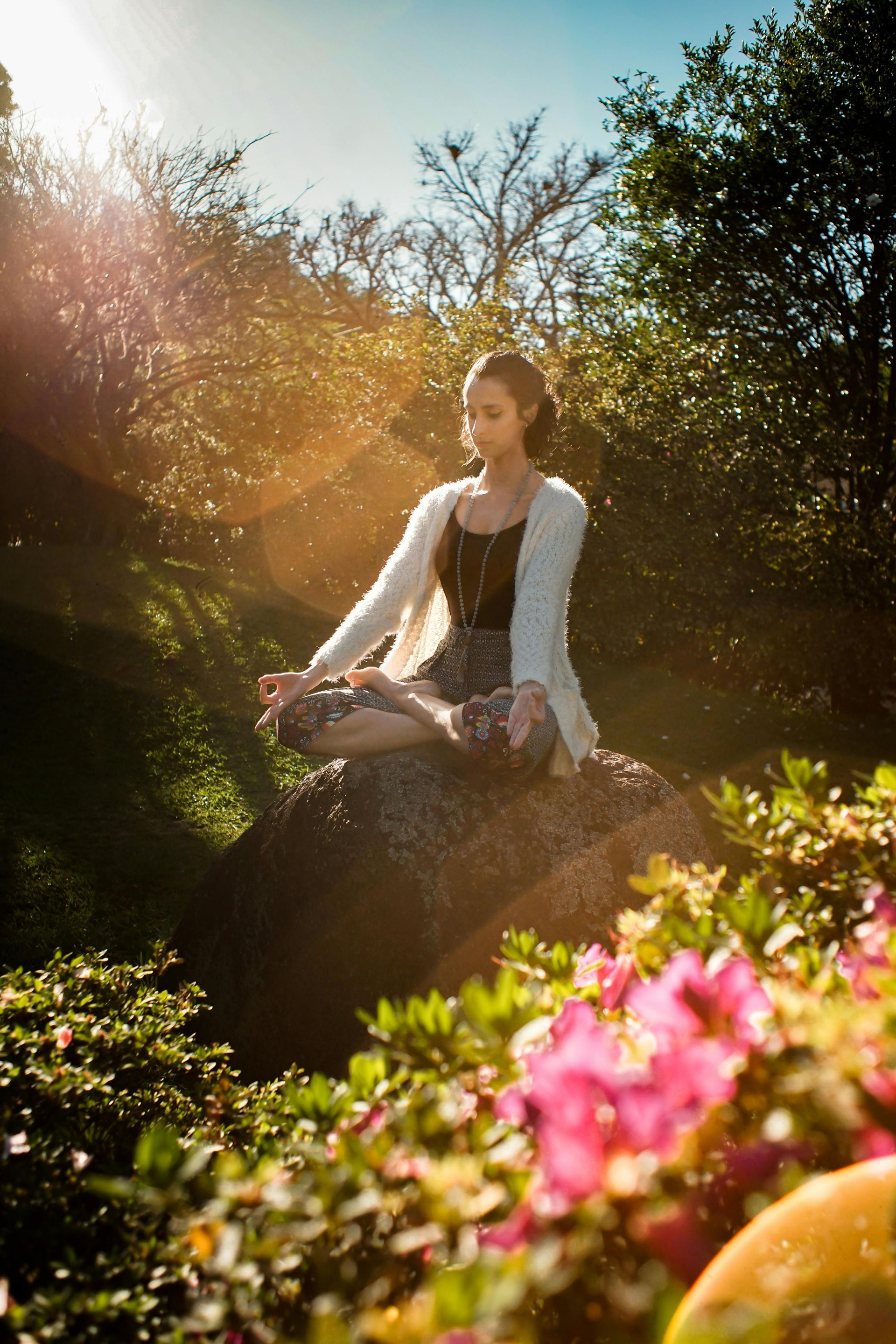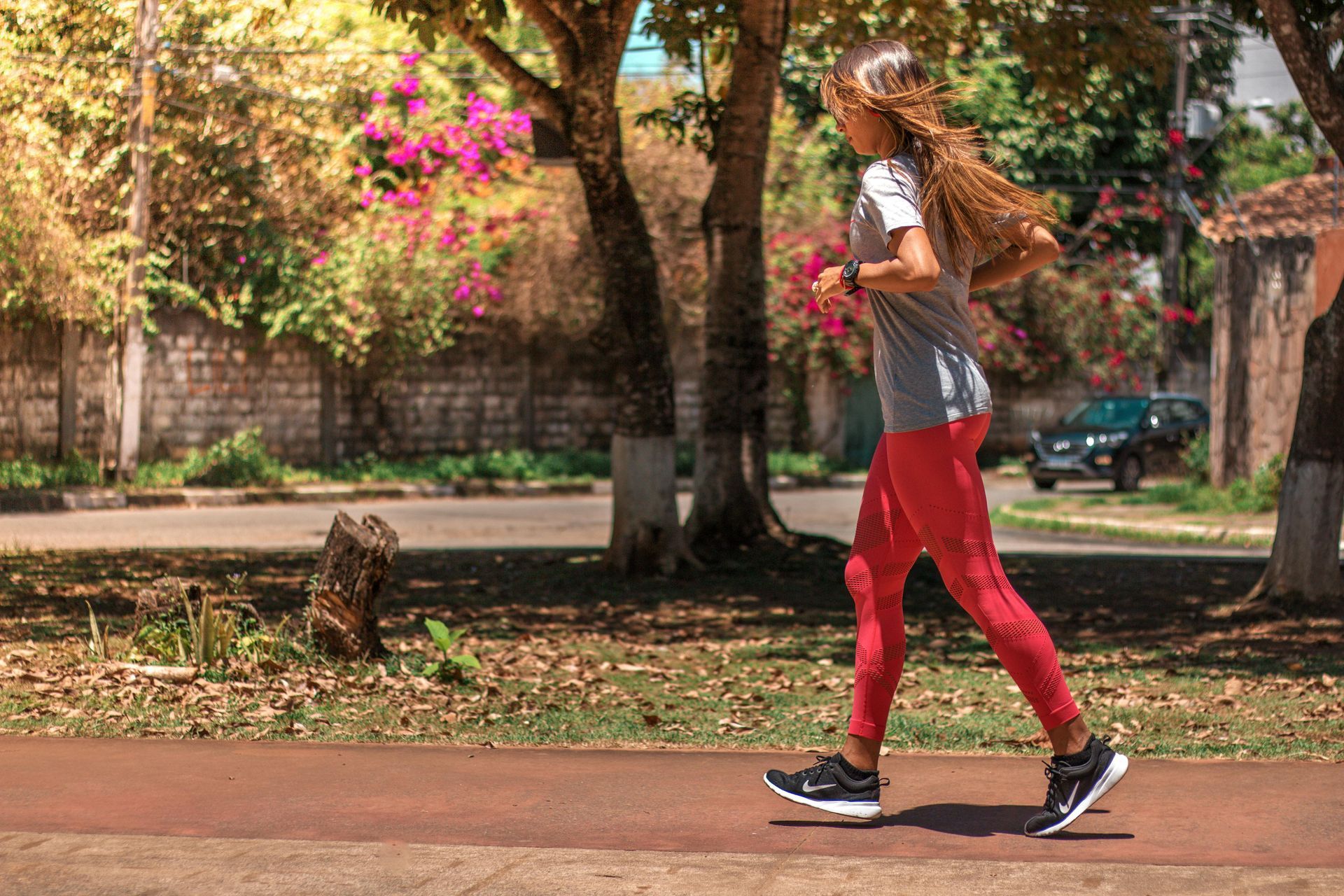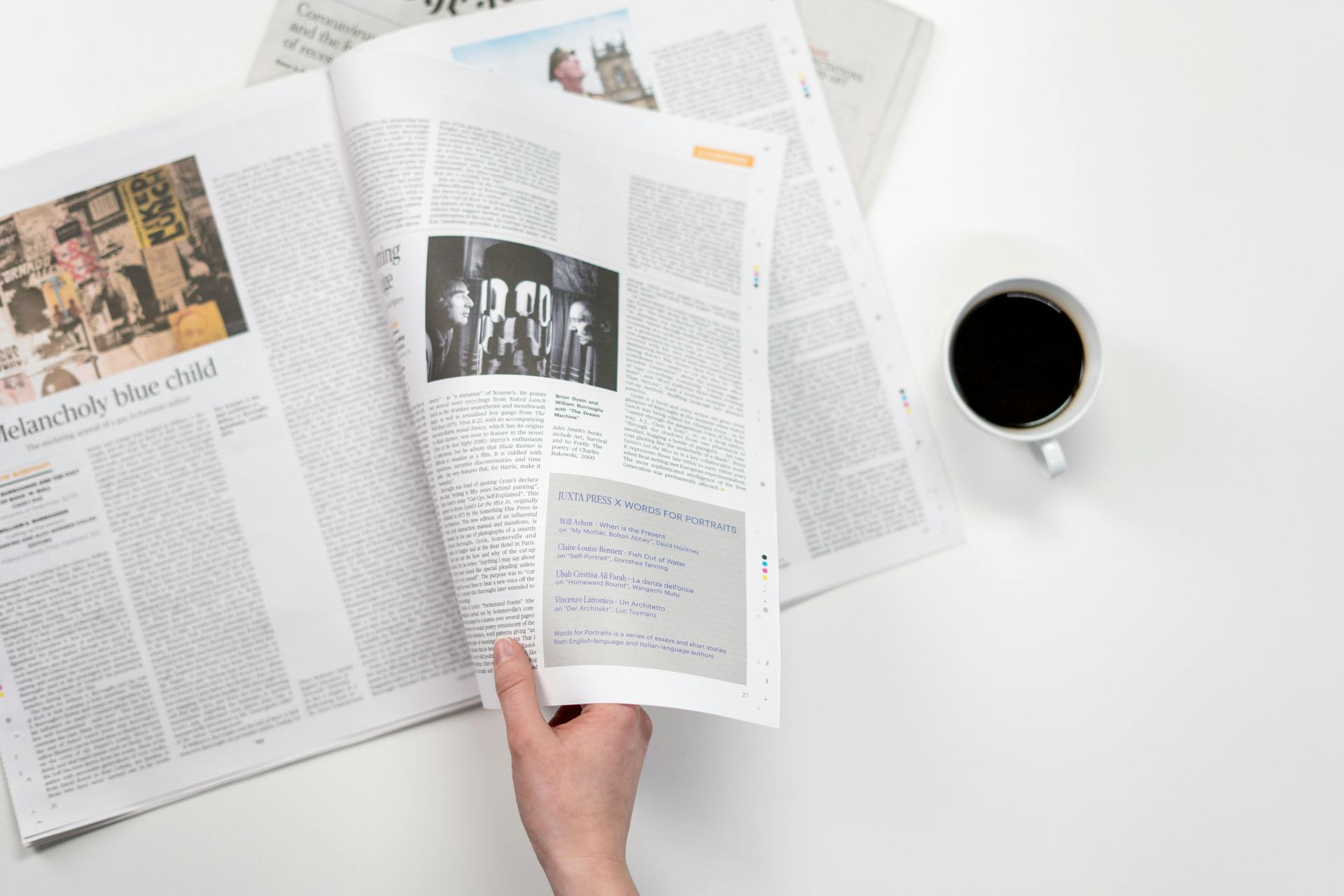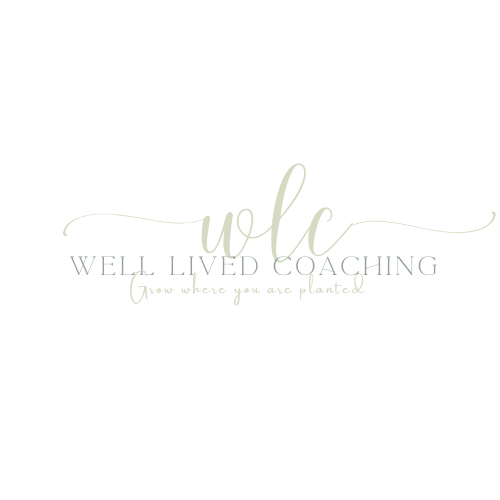Resiliency
Resiliency
“Resilience is based on compassion for ourselves and compassion for others,” is a famous quote by the New York Times bestselling author Sharon Salzberg. During the current climate that we are all experiencing, this quote really resonates and reminds me of our ability to be resilient and grow where we are. In recent years, our world has experienced one change after another. All of our normal day-today routines have been disrupted, and once we get used to one disruption, another change follows right behind it. With each change, there has been an adjustment required on our part. But our goals, dreams and ambitions tend to stay the same. So how are we to reach these aspirations in a world that does not stop changing?
Resiliency is required to navigate the always new environment successfully. Breaking down the quote from Salzberg, resilience is having compassion for ourselves and for others. So, how do we do this? In order to exercise resilience, we must understand and address how we are feeling while remembering to care for ourselves. Then, we must do that again for our family and friends by understanding and addressing how they are feeling, while remembering to care for them.
Without a doubt, this year (and several of our previous years) has been an emotional roller coaster for many people. To say we have been experiencing heightened stress and anxiety may seem like an understatement to many. Taking a step back and acknowledging the heightened stress levels and the increased anxiety is the first step to working with the stress and anxiety and using it to support your resiliency. Stress and anxiety often get a bad reputation, but without them, we cannot experience resilience, or the growth that comes from that.
In the moment that the stress and anxiety start to rear their heads, mentally take a step back and acknowledge what you are feeling. Put a name to the feeling or sensation. This will allow you to remain in control while still recognizing what is happening. Naming your feelings can make the difference between you controlling the emotion and the emotion controlling you. Taking this a step further by trying to connect the emotion to the source really helps you to be stronger than the emotion you are feeling in that moment. Finally, tell yourself what your future self can do to try to prevent this.
Here is an example: You just had a difficult phone call, and your heart is beating faster than normal. Once the realization happens, acknowledge the faster heartbeat and mentally name it. “I feel my heart beating faster than normal, and I know that this is a sign of anxiety. I am anxious because my bill was set to be on autopay and there was a computer glitch causing it to not go through. I acknowledge that I can take an additional five minutes next month to check the bank for the draft to catch it if it happens again.” Doing these few things allow you to control your emotions and remain resilient, versus being at the mercy of that emotion.
In times of increased stress and anxiety, selfcare is one of the most impactful things that we can do, but it is also usually the first thing we forget to do. Taking a moment for yourself is actually something that allows you to be able to get through the stress and be there for others.
Imagine yourself as a jug that is empty. Not only is there no water available for anyone who is thirsty, but you as the jug are not even holding water. Holding water is the one job that the jug has. In order to do your job, or to even be assistance to others, we have to make sure that we are filling our jug. Filling a jug is not hard, it just takes a moment to do!
What is something that will figuratively fill your jug? Maybe a walk around the block? Maybe getting in your car and having lunch at a park or lake? Maybe just listening to that one song that pumps you up. These are all things that we can do each day that help us keep our jug full so that we can pour out to our jobs and our fellow humans. And when our jug is full from the start, it allows us to be able to pour into another when they need it the most. Keeping your jug full is a surefire way to build some resilience.
Now that you are able to recognize how you are feeling and understand the increased anxiety within yourself, acknowledge that the people in your life are probably going through a very similar experience with COVID-19. They may not have the same exact problem as you do, but that does not mean they do not have similar problems in their life. That same emotional roller coaster that we have been on, they have been on it as well, just sitting in another roller coaster car.
Caring for your the people around us and understanding how they are feeling but also offering yourself the same are how you will maintain the resilience needed to weather the continuous changing environment and the current normal. Acknowledging the emotions that you feel, and doing the same for your fellow humans, will allow you to step back and get through the stress. When we are able to get through the stress time and time again, while simultaneously meeting and exceeding the small milestones required for us to reach our goals, is when we can truly call ourselves resilient. But in order to consistently get through those moments of happiness and moments of stress that make our day, we must remember to acknowledge what is happening within ourselves and realize that our fellow humans are going through a very similar experience.
Thoughts from Coach Mollie










